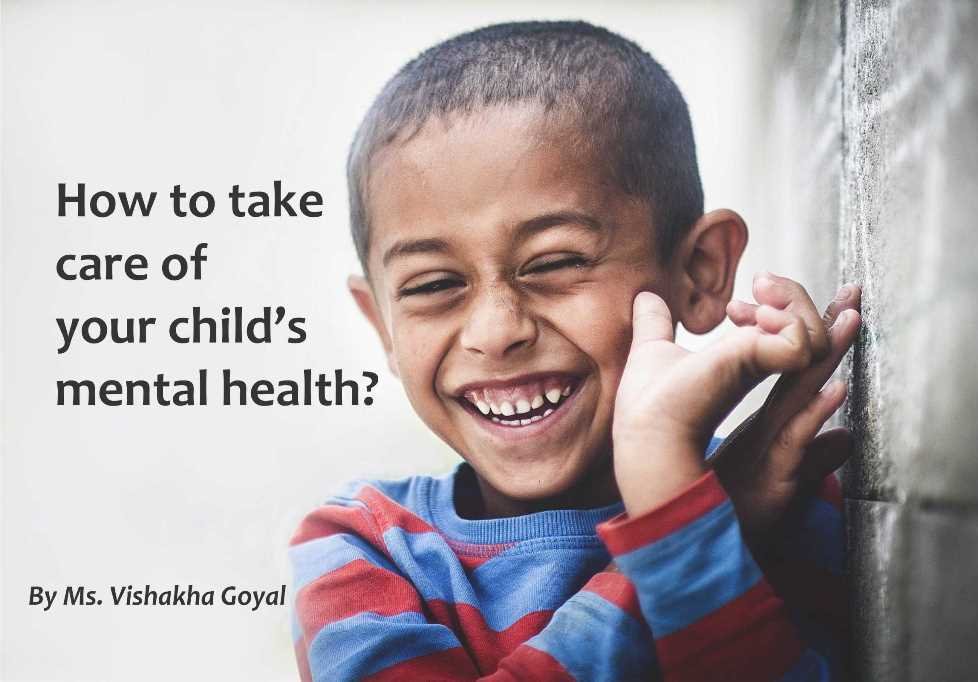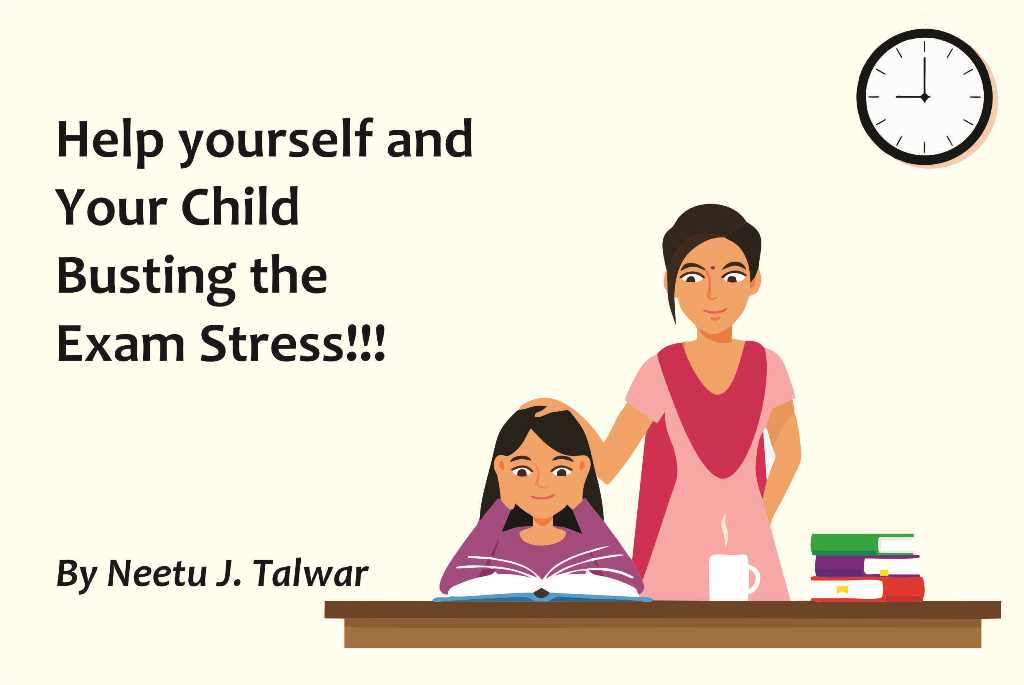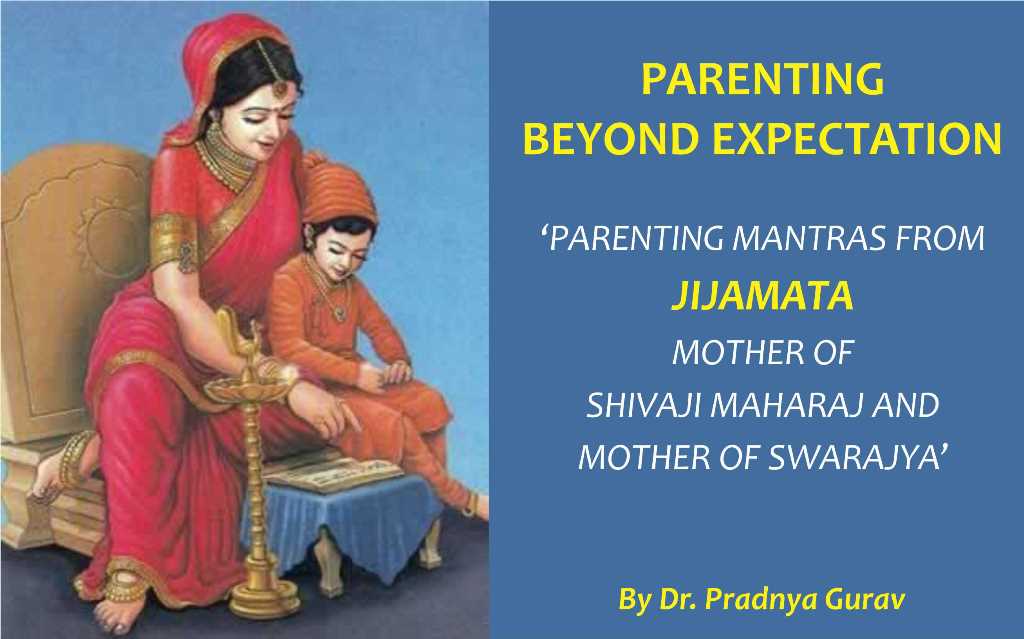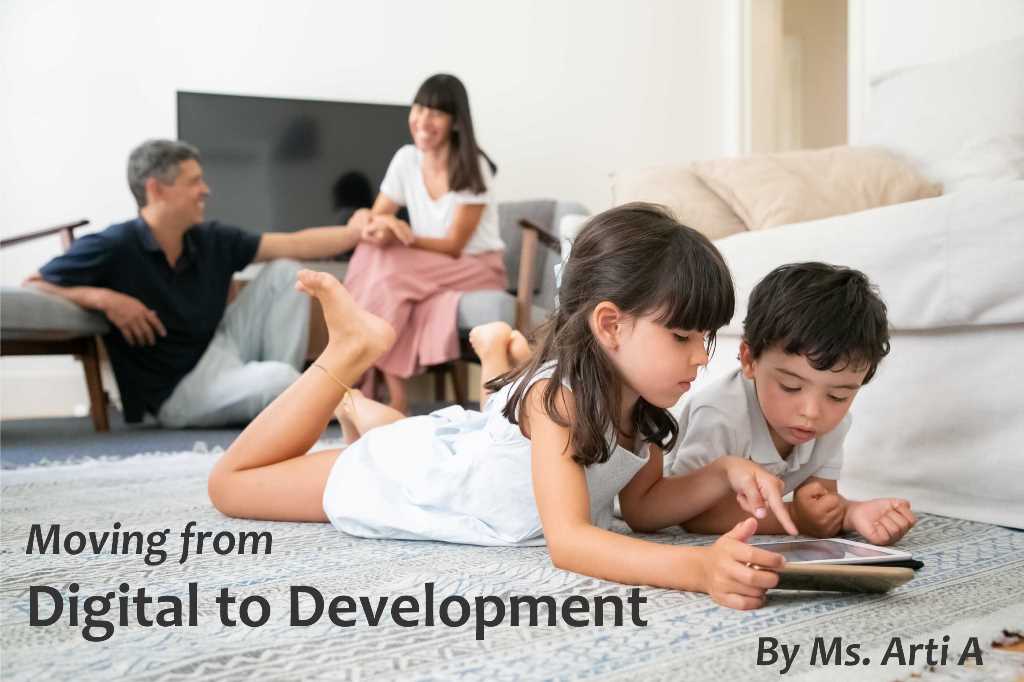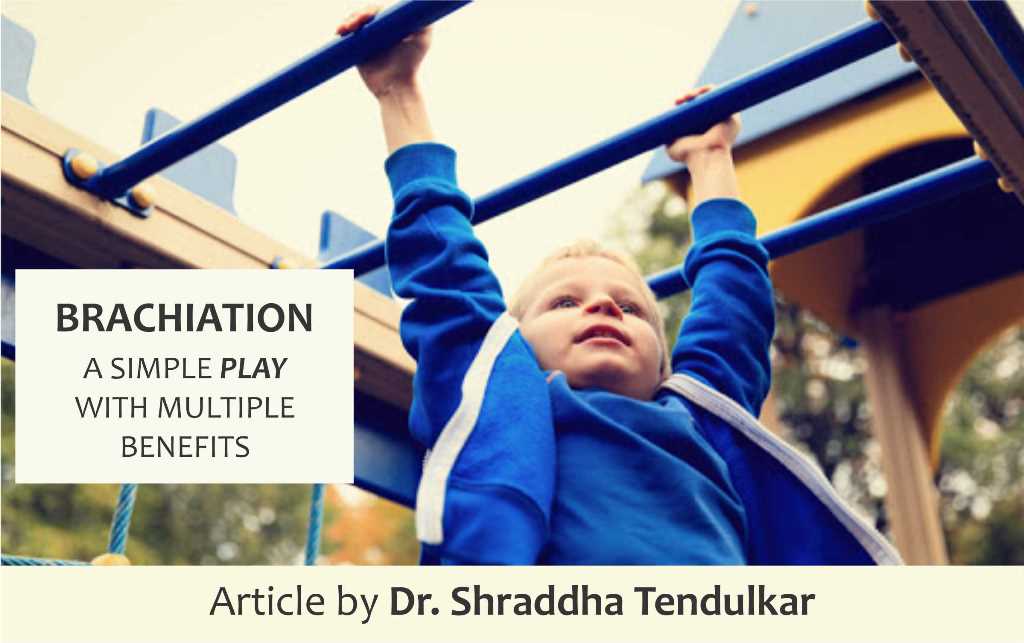How to take care of your child’s mental health?
Living in the modern world, we all might have heard our peers’ discussing how emotional health is equally important as our physical health!
Well, it’s true. However, if you belong to Generation X or even if you are a Millennial, who is now a parent, you might relate to a lot of stuff discussed in this brief piece on mental health.
Remember the times when our hearts smiled more than our faces! Yes, I am referring to our childhood.
It was the time when innocence was the most prominent trait. Among our cousins and friends, there were occasional fights that lacked blame or ego.
A time when we used to play with toys that were not so electronic.
A time in life where the denial was mostly associated with “I won’t share my piece of cake or chocolate with anyone.”
A time so carefree… isn’t it?
While we grew up, every time somebody threw a No at us, most of us thought it’s such a blessing to grow up and live life on our terms. Little did we know of how much goes into living life on our own terms.
As we grew a little old and began experiencing the bits of life firsthand, we gradually enrolled ourselves for the rat race of making it big in life. Our spirits were then forced to carry the weight of performance and peer pressure.
Over time, these pressures and challenges lead to an understanding of the importance of emotional well being.
Would you like such a life for your child?
Definitely not! We all want our children to live a better life than ours and offer them the best possible support we can. Right?
Here, it’s crucial to note that just like physical health, emotional health is vital for the human body and soul.
Maintaining emotional wellbeing allows children and young adults to develop resilience to cope with whatever life throws at them and grow into well rounded, healthy adults.
Alarmingly, 70% of children and young adults experience a mental health problem such as depression, abuse, etc.
Most children grow up mentally healthy, but surveys suggest that many children and adolescents move towards depression and anxiety troubles. It has emerged to be a case because of the frequent changes in the way we live and how that affects a child’s experience growing up.
How can you maintain your Children’s mental health?
1. Parental Help: Parents must have a warm, open relationship with their children. One essential job to be done is to pay full attention to your child and acknowledge their feelings. Reaching out and talking to them would help them avoid finding solace in harmful distractions like Smartphone’s, gaming, prohibited activities, etc.
2. Professional Help: A parental coach can assist and advise you to better understand your relationship with the child and provide you with the right tools to correct behavioural issues.
Let’s learn more about professional help.
Parent coaching sessions offer the progenitors with the tools required to handle nearly any situation in the family. The certified coaches are proficient in assisting moms and dads in creating a roadmap to:
● learn efficient ways to respond to scenarios instead of reacting abruptly
● imbibe ways to become patient and kind towards the child
● creating a calmer, happier, and more inviting environment for the child
● improve the overall relationship between parent and child
● learning effective ways to communicate with children of every age
● understanding the behavioural patterns and demands of children
We all are living in lifestyles that are busy and hectic. Reaching out for coaching helps solve prevalent issues and teaches parents the right way to deal with their child and avoid any arguing, whining, or bickering with them.
Each session provides techniques, tools, and strategies to handle specific family life issues. A coach avoids talking about the past and instead focuses all attention on now and the days ahead. With assistance, parents produce results by developing clear, concise steps to determine intentions, values, and goals for moving forward to a healthier family.
With every session, a parent can learn new techniques, strategies, or methods to handle specific family issues. A parent coach would always motivate you to focus on the future and avoid talking about the past. With the right assistance, you, as a parent, can witness fantastic results, leading to form a healthy and happy family.
While looking for your child’s mental health, below are some other aspects that can be worked upon are:
1) Maintaining good physical health, eating a balanced diet and following a regular exercise routine
2) Making them feel loved, trusted, understood, valued and safe
3) Making them learn and grab opportunities to succeed
4) Accepting who they are and recognizing what they are skilled at!
5) Since your child can test your nerves, attaining mindfulness will make you happier and let you manage anxiety, stress, and depression.
Author
Vishakha Goyal
Founder- LifeLitmus
IPA Expert, Parenting Coach, Access Bar Practitioner, Sound Healer






